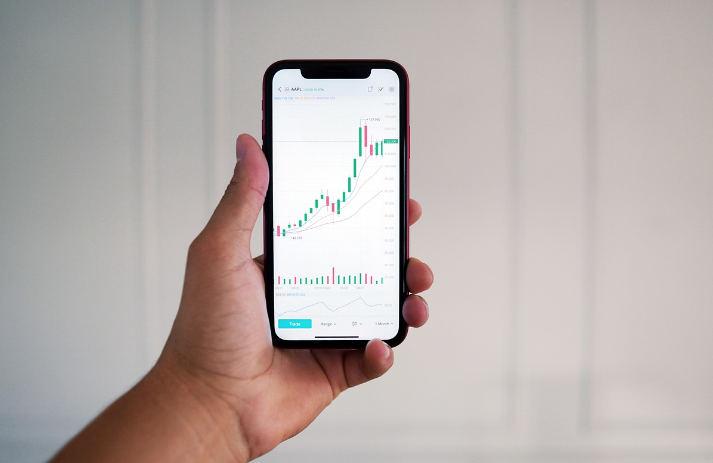Kenyans will have to dig deeper into their pockets to afford electricity after the Energy and Petroleum Regulatory Authority raised the energy charge.
The regulator has raised the energy charge by 8.7 per cent to Ksh4.33 per unit. Initially, the charge was Ksh3.98 per unit in December.
The recorded increase in energy charge signalled the surge in the output of thermal electricity in December 2023 despite the high rainfall experienced as the result of the El Nino phenomena.
According to the utility firm, the energy charge is collected to cover the fuel cost used in the transmission of power. The charge also supports off-grid areas that support far-flung.
In the December review, EPRA reduced fuel prices by Ksh5, Ksh2 and Ksh4.01 for petrol, diesel and kerosene respectively.
Read More
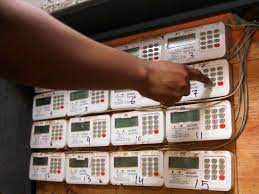
However, the slight price adjustment will not reflect on electricity prices this January.
Kenyans will also be compelled to pay more for electricity after EPRA increased the foreign exchange rate fluctuation adjustment charge by 100.7 per cent to a record-high of Ksh6.46 per unit up from Ksh3.71 per unit.
In the past weeks, the dollar has dominated the Kenyan Shilling with the currency currently trading at an average of Ksh159.
The sharp rise comes days after Energy Cabinet Secretary Davis Chirchir announced that electricity prices will drop.
“Due to the rains, our dams from Kiambere to Masinga are getting full. We will dispatch more power that will be cheaper,” the Energy Cabinet Secretary said on December 11.
“We should see a sustained drop in bills going forward mainly due to a fall in the pass-through costs, in this case, the fuel cost charge," he added.
Data from the Kenya National Bureau of Statistics (KNBS) also showed that share of electricity tapped from diesel-run power plants dropped to a 30-month low last November on El Niño rainfall, boosting generation from hydro-power to the highest levels in 22 months.
Despite the record, Kenyans will still be forced to pay more for electricity.
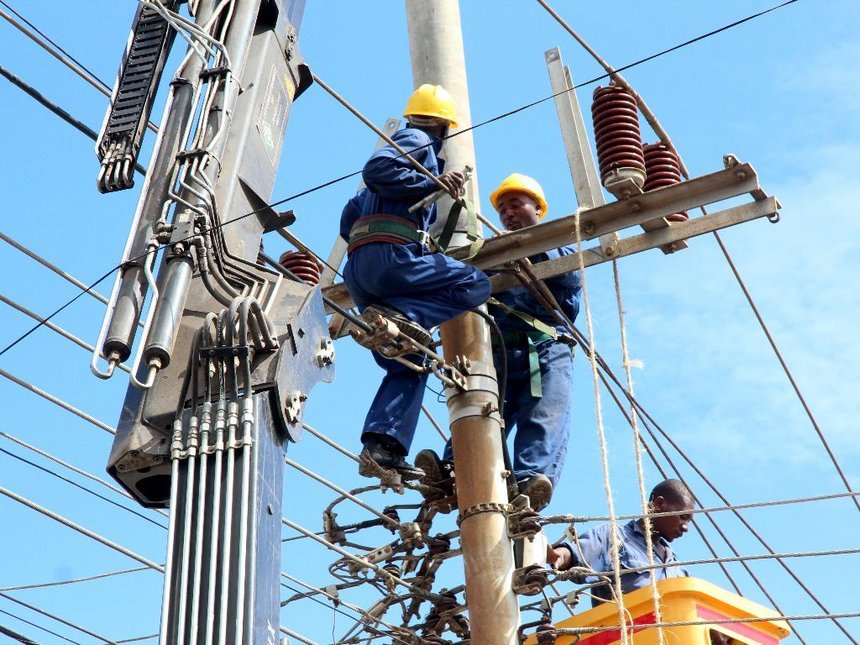
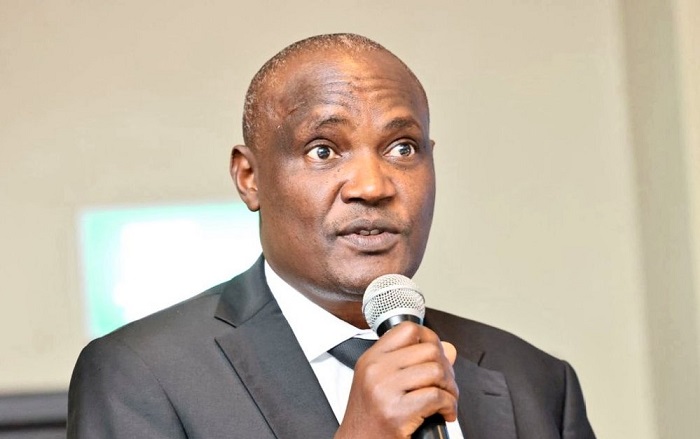
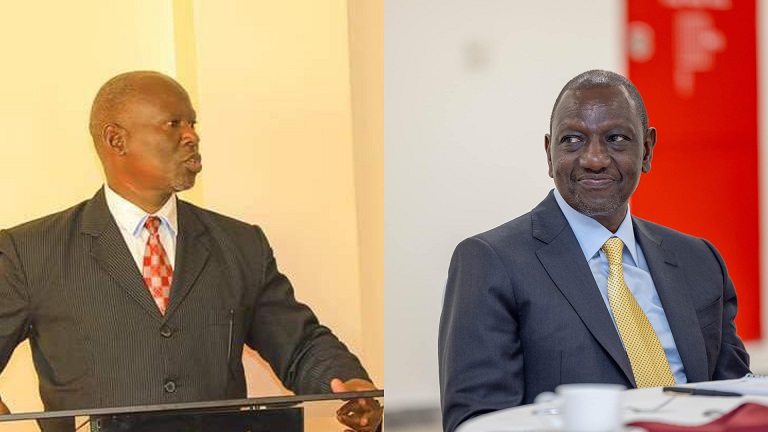



-1700476031.jpg)
